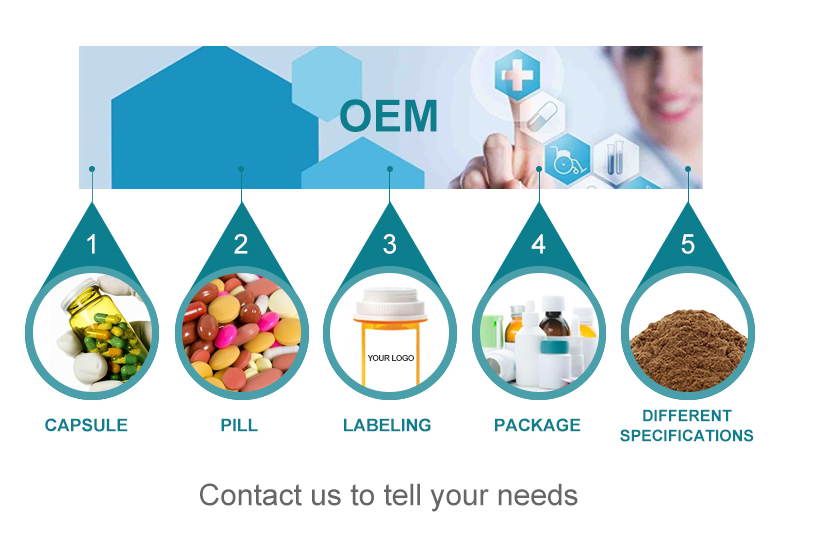Peanut species will produce less shells in advance
In the peanut growing area, farmers have a habit of peeling peanut shells in winter, but peanuts that are left in the harvest are not allowed to be peeled off in advance. Peeled peanut seeds are susceptible to moldy mildew. At the same time, the loss of outer shells is vulnerable to mechanical damage, and the respiration is accelerated. The consumption of nutrients stored in seeds is increased, resulting in weakened vitality, affecting the germination rate and germination. Potentiality, resulting in the phenomenon of lack of seedlings and ridges after seeding, weak seedlings and yellow seedlings, directly affects the output of peanuts.
Whether exposed spring peanuts, coated peanuts or wheat peanuts, the appropriate shelling time should be 10-15 days before the sowing date. Before peeling, choose sunny weather to fully dry the peanut seeds, drying time is about two days. Peanuts have been affected by the external environment such as temperature, air humidity, insects, etc. during the harvest from autumn to dry and during storage. They may be exposed to moisture or insects. Drying can reduce the moisture content of seeds and kill pathogens and pests. Promote the seeds to germinate quickly and neatly.
Peel peanut seeds after shelling, grading according to the size of nuts, seeds of different grades should be stored in separate bags. When sowing, unified grade seeds should be arranged on the same plot, try to avoid mixed seeding of seeds and seeds in big seedlings. The phenomenon of seedlings occurred. The seeds divided into different grades are filled with cloth-like pockets or breathable snake skin bags. The dry rooms are selected for short-term storage, during which the seeds are protected from moisture or insect bites. In case of tides, airing should be carried out two days before the next planting. Choose the land surface or spread a newspaper on the ground for drying. Avoid exposure on the concrete floor to prevent skin and embryo damage. Using the above methods can promote the early emergence of peanuts, early-onset, strong seedlings, lay the foundation for the increase in yield.
Food additive is a kind of non nutritive substance which is added in small amount to improve the appearance, flavor, structure or storage property of food. It refers to any substance artificially added to food for technical purposes in the process of food production, processing, preparation, treatment, packaging, transportation or storage. In order to improve the quality of food, such as color, aroma and taste, and to meet the needs of anti-corrosion and processing technology, synthetic or natural substances are added into food . At present, there are 23 categories and more than 2000 varieties of food additives in China, including Acidity Regulators, anti caking agents, defoamers, antioxidants, bleaching agents, bulking agents, colorants, color protectants, enzyme preparations, flavor enhancers, nutritional enhancers, preservatives, sweeteners, thickeners, spices, etc.

Product Name: Beta-Carotene
Appearance: Orange Powder
CAS: 7235-40-7
Molecular formula:C40H56
Molecular weight :536.8726
Melting point: 178-179℃
Flashing point: 103℃
EINECS: 230-636-6
Specification: 1%;10%;20%;30%,50%,90%;99%
Testing Method: HPLC
Beta carotene is the molecule that gives carrots their orange colour. It is part of a family of chemicals called the carotenoids, which are found in many fruit and vegetables, as well as some animal products such as egg yolks. Biologically, beta carotene is most important as the precursor of vitamin A. It also has anti-oxidant properties and may help in preventing cancer and other diseases.
Beta Carotene is also known as a provitamin because it can be converted in our body into vitamin A after oxidative cleavage by beta carotene 15, 150-dioxygenase. In plants, beta carotene, acts as an anti-oxidant and neutralizes singlet oxygen radicals formed during photosynthesis.

Product Recommended
Beta-carotene Powder, Lycopene Powder, Beetroot Red Powder, Curcumin
Xi'an Tian Guangyuan Biotech Co., Ltd. , https://www.tgybiotech.com